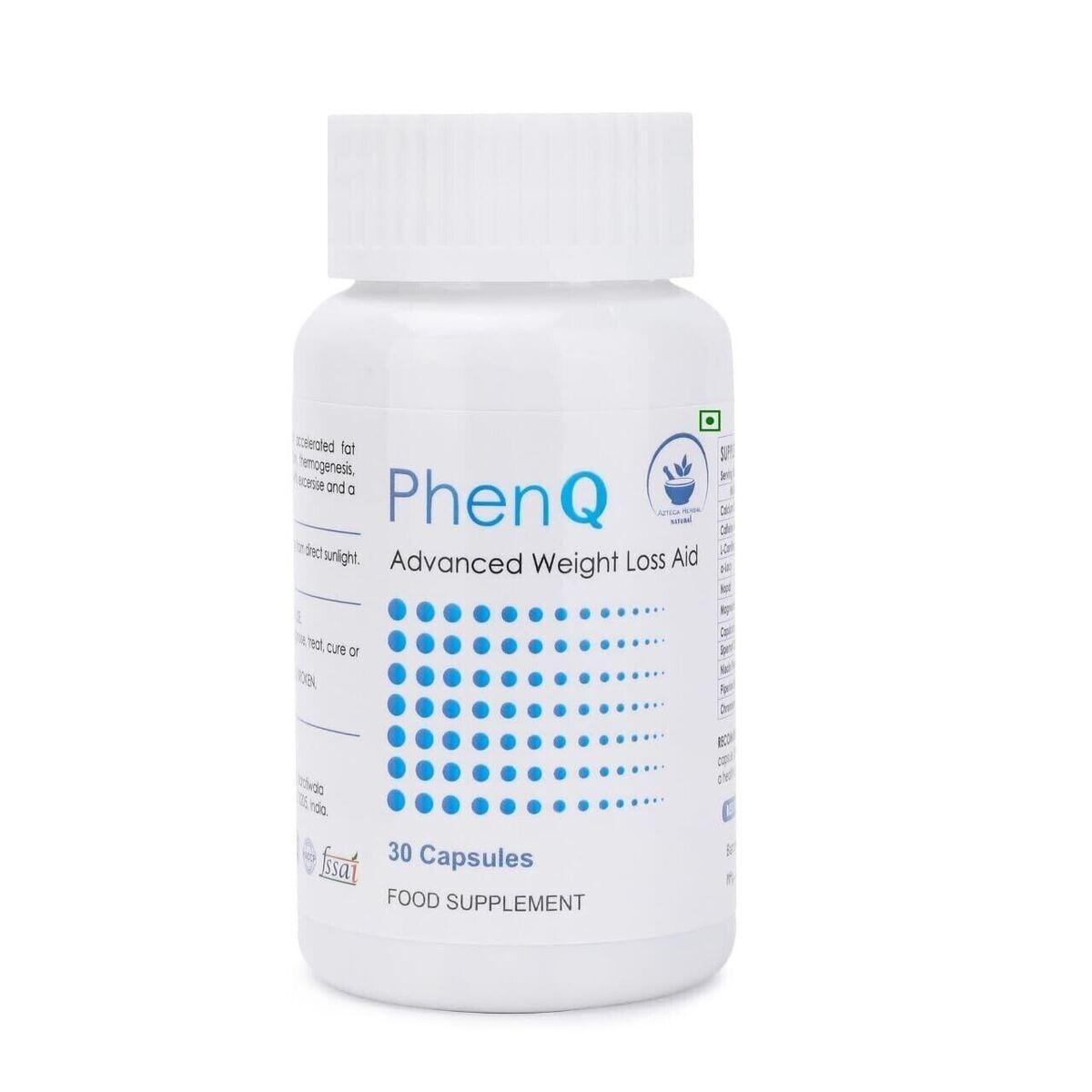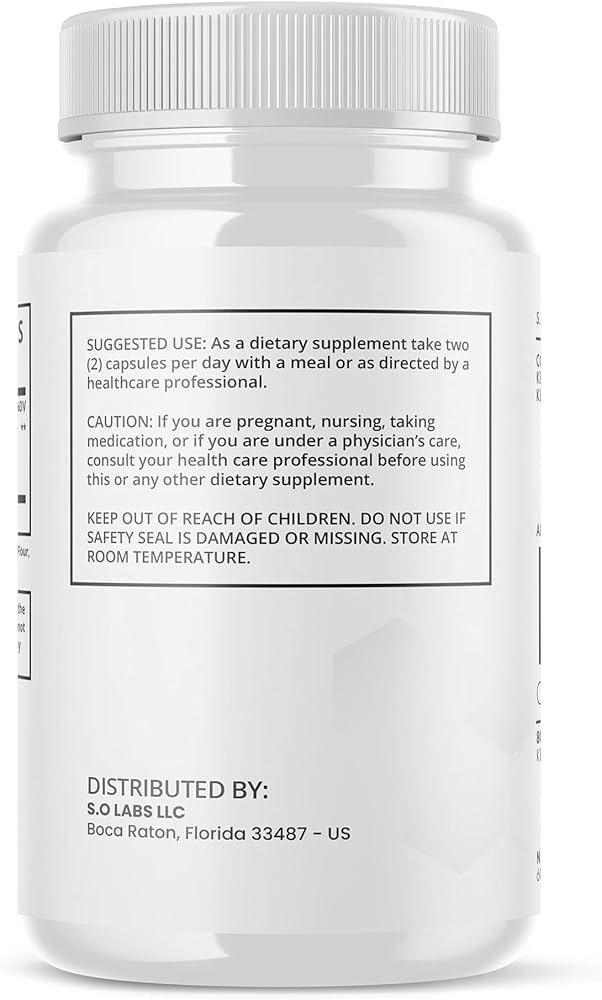In a world where the pursuit of wellness often feels like an intricate dance between body and mind, women face unique challenges in their journeys toward hormonal balance and weight management. Enter PhenQ, a dynamic supplement designed specifically to address these needs with a holistic approach. Understanding that women’s bodies undergo various changes throughout life—be it due to hormonal fluctuations, lifestyle stressors, or age-related shifts—PhenQ offers a beacon of support, aiming to harmonize the elements of weight management while promoting overall vitality. In this article, we delve into how PhenQ works to empower women by tailoring its benefits to their distinct physiological needs, ultimately fostering a sense of balance and self-confidence in their journey toward health. Join us as we explore the science behind this innovative formula and its role in the daily lives of women seeking not just to lose weight but to embrace a more balanced lifestyle.

Understanding Hormonal Influences on Weight Management for Women
Hormonal fluctuations can significantly impact a woman’s ability to manage her weight, often creating challenges that feel insurmountable. The primary hormones involved include estrogen, progesterone, cortisol, and insulin. Estrogen levels typically rise and fall throughout the menstrual cycle, affecting fat storage and hunger cues. Progesterone can increase appetite, leading to greater consumption of calories, while cortisol — often dubbed the stress hormone — may encourage the body to store fat, particularly in the abdominal area during periods of stress. Understanding these hormonal dynamics can empower women to make informed choices regarding their diet and lifestyle.
Incorporating supplements like PhenQ can help address these hormonal challenges by promoting a balanced hormonal environment. This innovative product supports weight management through a multi-faceted approach that includes:
- Boosting metabolism: Enhances calorie burning processes.
- Controlling hunger: Helps manage appetite and reduce cravings.
- Energy enhancement: Increases physical activity levels.
- Stress reduction: Contains natural ingredients that may help mitigate cortisol spikes.
The following table summarizes key hormones and their influence on weight management:
| Hormone | Effect on Weight Management |
|---|---|
| Estrogen | Influences fat distribution and appetite |
| Progesterone | Can increase hunger and calorie intake |
| Cortisol | Encourages fat storage during stress |
| Insulin | Regulates blood sugar and fat storage |

The Role of PhenQ in Supporting Hormonal Balance
The interplay of hormones in a woman’s body can significantly influence weight management. PhenQ plays a crucial role in supporting this delicate balance, helping to regulate various hormones associated with appetite control, metabolism, and fat storage. Its unique blend of natural ingredients works synergistically to enhance the body’s hormonal functions, empowering women to take charge of their health. Some of the benefits of PhenQ in promoting hormonal equilibrium include:
- Increased Metabolism: By boosting metabolic rates, PhenQ helps in burning more calories throughout the day.
- Appetite Suppression: Ingredients such as Nopal and L-carnitine contribute to feelings of fullness, reducing emotional and stress eating.
- Enhanced Mood: The product may aid in stabilizing mood swings associated with hormonal fluctuations, making it easier to stick to weight management plans.
Furthermore, the formulation of PhenQ is designed to address not only weight loss but also works on nurturing overall well-being. Each component targets specific hormonal pathways, contributing to improved energy levels and reduced fatigue often linked to hormonal imbalances. The table below summarizes key ingredients in PhenQ and their hormonal support functions:
| Ingredient | Hormonal Function |
|---|---|
| Capsimax Powder | Aids metabolic regulation |
| Nopal | Controls appetite and blood sugar |
| L-Carnitine | Supports energy production by fat oxidation |

Key Ingredients in PhenQ That Promote Weight Loss and Wellness
PhenQ harnesses a powerful blend of ingredients meticulously chosen for their efficacy in supporting weight loss and promoting overall wellness. Among the standout components, a-Lacys Reset® plays a pivotal role by enhancing the body’s metabolism and thermogenesis. This sophisticated formula helps in burning fat while also improving energy levels, making it easier to maintain an active lifestyle. Another key player is Capsimax Powder, a natural extract derived from red peppers, which is known to boost metabolic rates and suppress appetite, ultimately aiding in reducing calorie intake.
Additionally, the inclusion of Chromium Picolinate helps in managing blood sugar levels, which is crucial for women dealing with hormonal fluctuations. This mineral can significantly curb cravings while maintaining insulin sensitivity. Meanwhile, Caffeine provides a natural energy lift, enhancing physical performance during workouts, while promoting fat oxidation. Lastly, the presence of Nopal, a fiber-rich cactus extract, not only contributes to appetite suppression but also supports digestive health, rounding off a well-rounded approach to weight management.

Practical Strategies for Incorporating PhenQ into Your Routine
Integrating PhenQ into your daily routine can enhance your journey towards hormonal balance and effective weight management. Start your day with a glass of water and take your first PhenQ capsule with breakfast to kickstart your metabolism. This paired with a balanced meal, including proteins, healthy fats, and fiber, will provide the energy needed for your daily activities. Mid-morning snacks can consist of fruits or nuts to keep your energy levels stable, thus preventing mid-day cravings that might lead to unhealthy eating habits.
In the afternoon, consider setting aside a time for light exercise, whether it’s a brisk walk, yoga, or a home workout. This not only helps in burning calories but also boosts your mood, working synergistically with PhenQ. For evening meals, focus on moderation and portion control to ensure you’re not overeating. Keep a journal to track your food intake and how you feel after taking PhenQ; this will help you make adjustments tailored to your body’s reactions. Remember to stay hydrated throughout the day, as proper hydration aids in metabolism and overall well-being.
Insights and Conclusions
In conclusion, PhenQ emerges as a compelling ally for women navigating the intricate dance of hormonal balance and weight management. By harnessing the power of science-backed ingredients, this supplement seeks to address not only the physical aspects of weight loss but also the subtle hormonal fluctuations that can influence moods and cravings. As we continue to explore the ever-evolving landscape of wellness and self-care, it’s essential to remember that every journey is unique. Whether you’re considering supplements like PhenQ or exploring other avenues, staying informed and listening to your body’s needs can empower you to make the best choices for your health. Ultimately, weight management is just one piece of the puzzle—it’s all about embracing a holistic approach to well-being that celebrates the multifaceted nature of womanhood.
